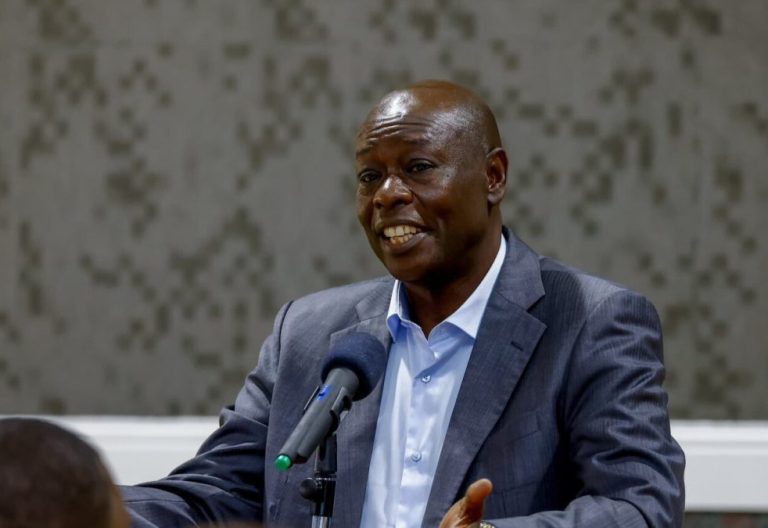Protests leave taxpayers with Ksh2.4 billion bill

The taxpayer is set to pay a hefty price of over Ksh2.4 billion for the recent protests that reached a climax on Saba Saba Day anniversary.
It is estimated that Kenya suffered an economic loss of about Ksh1.1 billion during the protests that claimed the lives of 38 people and left over 500 civilians and police officers nursing injuries.
Civil society organisations under the umbrella of the Police Reforms Working Group (PRWG) also revealed that the National Treasury is under pressure to release up to Ksh1.3 billion to settle outstanding bills owed to private mortuaries, following a sharp increase in unclaimed bodies linked to protests.
Additionally, over 500 people are facing charges in various courts across the country, including Nairobi (125), Nakuru (192), Machakos (96), Tigania (55), Naivasha (30), Embu (24), Kitale (8), Homa Bay (7) and Kirinyaga (5).
MP’s terrorism charges
Another 37 people, including Manyatta MP Gitonga Mukunji, are facing serious charges of abetting terrorism, murder, robbery with violence, malicious damage to property, theft, and unlawful assembly.
The group said that it was deeply alarmed by the indiscriminate and heavy deployment of police and the use of live ammunition in residential areas, particularly in Kiambu and Kajiado, where at least seven children are currently receiving treatment for gunshot wounds and other injuries.
As the family of victims grapple with hospital, mortuary and autopsy charges, PRWG called on the government to immediately waive all the medical bills, the postmortem fees, and the government to provide funeral support for protesters who died in protests before and during the Saba Saba day.
Constitutional independence
Acknowledging that the Office of the Director of Public Prosecutions (ODPP) enjoys constitutional independence, the civil rights group said it had noted a deepening trend of preferring terrorism charges, robbery and violence charges and other capital offences against protesters.
According to Amnesty International Section Director Irungu Houghton, the ODPP is required to maintain the public interest, the interest of the administration of justice and the need to prevent and avoid the abuse of due process.
“They must also uphold their own guidelines on the decision to charge and the interagency guidelines on cooperation and collaboration in the investigation and prosecution of terrorism and terrorism violence,” Irungu said.
While the human rights group recognised the concerns about criminal elements infiltrating the protests, Irungu maintained that it remains the duty of the state to distinguish between peaceful protesters and lawbreakers and ensure that any enforcement action remains lawful and humane.
“Terrorism is a very serious crime, it is at the level of treason, and it attempts to establish that persons or people or organisations have deliberately chosen to bring down a validly elected state. It is very important at this time that both the investigating agencies and the prosecuting agencies essentially be very careful with the charging of suspects,” Irungu insisted.
They faulted the ODPP for scaling up the charges facing about 30 suspects arrested during protests from arson to terrorism.











